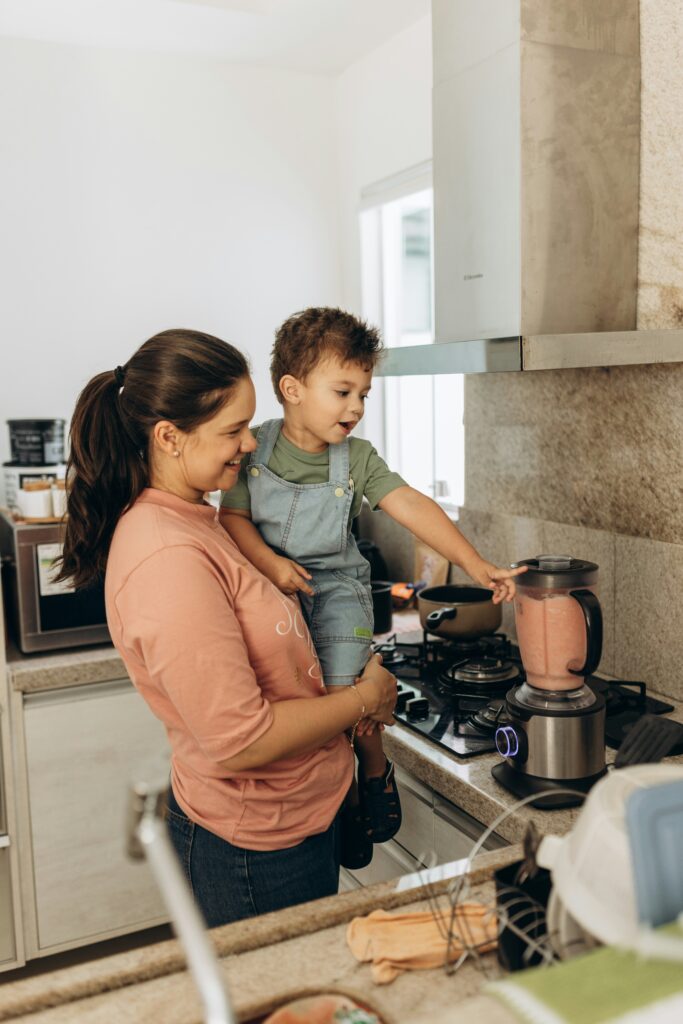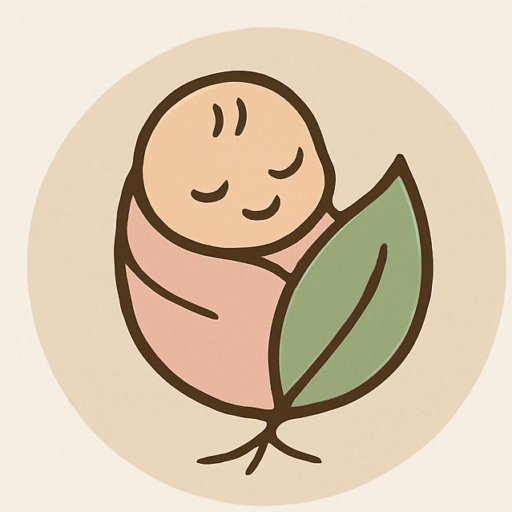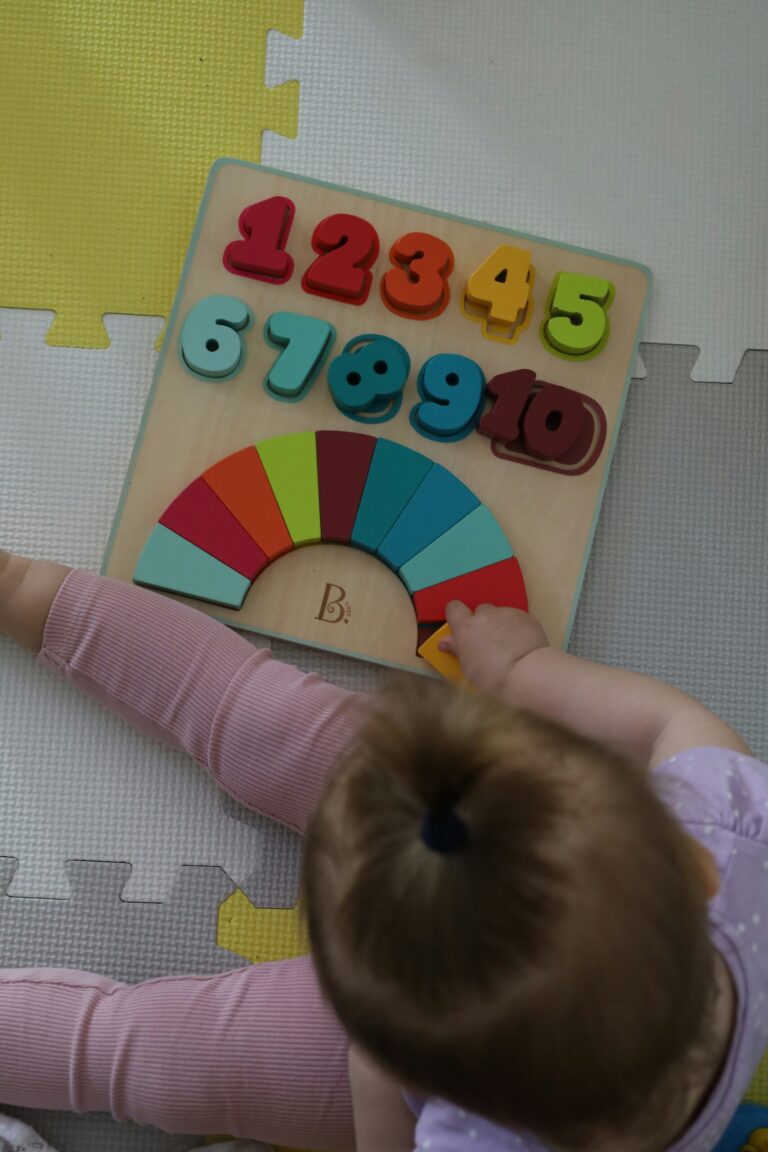Easy Morning Routines for Busy Families
Start your day with less stress and more smiles
🌿 The Morning That Changed Everything
It was one of those chaotic mornings. The baby was crying, my toddler couldn’t find her favorite socks, and I hadn’t even had coffee yet. We were late, tempers were flaring, and I remember thinking, There has to be a better way.
That evening, I sat down with a notebook and wrote out what I wanted our mornings to feel like—calm, connected, and cooperative. Then I built a simple, predictable routine that worked for our real life. And over time, everything started to shift. Mornings became smoother, happier, and surprisingly peaceful.
If you’re tired of rushing, yelling, and forgetting things, this guide is for you. Here are gentle, practical ways to build a morning routine that works—even for the busiest families.

1. Start the Night Before
The secret to a smooth morning? It begins at bedtime.
Lay out clothes, prep lunchboxes, fill water bottles, and pack bags the night before. Even choosing breakfast in advance can save time and stress.
Keep it simple: “What jammies do you want tonight?” or “Let’s pick your socks for tomorrow!” Making it a game helps younger kids feel in control.
Why it works: Prepping ahead reduces morning decision fatigue and gives you a head start on the day.
2. Wake Up Before the Kids (If You Can)
Even 10–15 minutes of quiet can make a huge difference. Use it to stretch, breathe, sip your tea, or just sit in silence.
You don’t need to do a full self-care routine—just give yourself a moment to be before jumping into parent mode.
Why it works: Starting the day grounded helps you respond instead of react when chaos begins.
3. Use Visual Schedules for Kids
Create a simple illustrated routine chart: wake up, potty, brush teeth, get dressed, eat breakfast, pack bag.
Kids thrive on predictability, and seeing the routine visually helps them understand what comes next without constant reminders.
Make it fun: Use stickers, drawings, or even let them help decorate it.
Why it works: Visual tools reduce power struggles and help kids take more responsibility.
4. Keep Breakfast Simple and Repetitive
You don’t need gourmet meals on weekday mornings. Create a short rotation of easy, nutritious options—like oatmeal, yogurt with fruit, toast with nut butter, or scrambled eggs.
The predictability saves time, and kids usually like routine foods.
You can even let them “choose” by picking from 2 options: “Would you like banana toast or oatmeal today?”
Why it works: Fewer choices mean less decision-making stress for both you and your child.

5. Build in Connection Moments
It’s tempting to rush through mornings, but a few seconds of connection can transform everyone’s mood.
Try:
- A quick cuddle before getting up
- Brushing teeth together
- A silly song while putting on socks
These micro-moments anchor your child emotionally before facing a busy day.
Why it works: Kids who feel connected are more likely to cooperate and feel secure during transitions.
6. Make Getting Dressed Easy
Keep weekday clothes in one accessible drawer. Choose soft, comfortable outfits your child can put on themselves.
If clothing battles are common, offer 2 weather-appropriate choices to avoid power struggles.
Label bins by day or type: “Monday outfit,” “Socks,” “School clothes.” Routine + autonomy = smoother mornings.
Why it works: Reducing friction around dressing helps mornings feel calmer and gives kids confidence.
7. Add Playful Transitions
Instead of saying, “Time to go!” try turning transitions into games:
- “Let’s be ninjas walking to the door!”
- “Can you beat the timer and put your shoes on before it rings?”
- “Let’s stomp like dinosaurs to the car!”
Play dissolves resistance and builds cooperation.
Why it works: Young children respond better to fun than force—this makes cooperation feel like their idea.

8. Keep Things in the Same Place
Have one spot for shoes, backpacks, and jackets. Use baskets or hooks labeled with your child’s name or picture.
Even toddlers can learn where things go with consistency and guidance.
If mornings feel chaotic, the real culprit is usually the environment, not the people.
Why it works: Organization reduces morning scavenger hunts and gives kids independence.
9. Let Go of Perfection
There will be rushed mornings. Spilled milk. Lost socks. Tears.
Give yourself grace. Try not to let one moment ruin the whole morning.
Use gentle phrases like:
- “It’s okay to be upset. We can try again tomorrow.”
- “Mornings can be hard, but we’re learning together.”
Why it works: Emotional regulation starts with the parent. When you stay calm, your child feels safe—even in tough moments.
10. End with a Warm Goodbye Ritual
Even if it’s a rushed morning, take 10 seconds to pause at the door.
A hug, a special handshake, or a loving phrase (“You’ve got this!”) can help your child feel confident and connected as they start their day.
You could even create a silly “leaving song” that becomes your morning goodbye.
Why it works: Rituals give children emotional closure, reduce anxiety, and help with daily separations.
🌈 Final Thoughts: Small Shifts Create Big Calm
You don’t need the perfect routine to have peaceful mornings. You just need a consistent rhythm, a few grounding habits, and a focus on connection over control.
Start small. Pick one idea from this list and try it tomorrow. Over time, your mornings will feel lighter, your kids more cooperative—and your coffee hotter.
💾 Save & Share
📌 Found this helpful? Pin it to your Gentle Parenting or Family Routines board on Pinterest!
💬 What’s one thing that makes your mornings easier? Share it in the comments—we’re all in this together!







